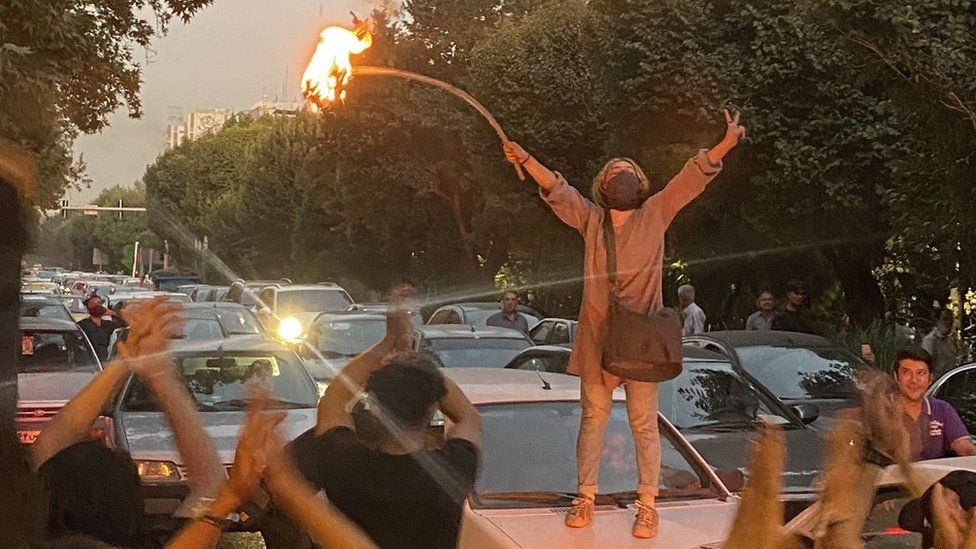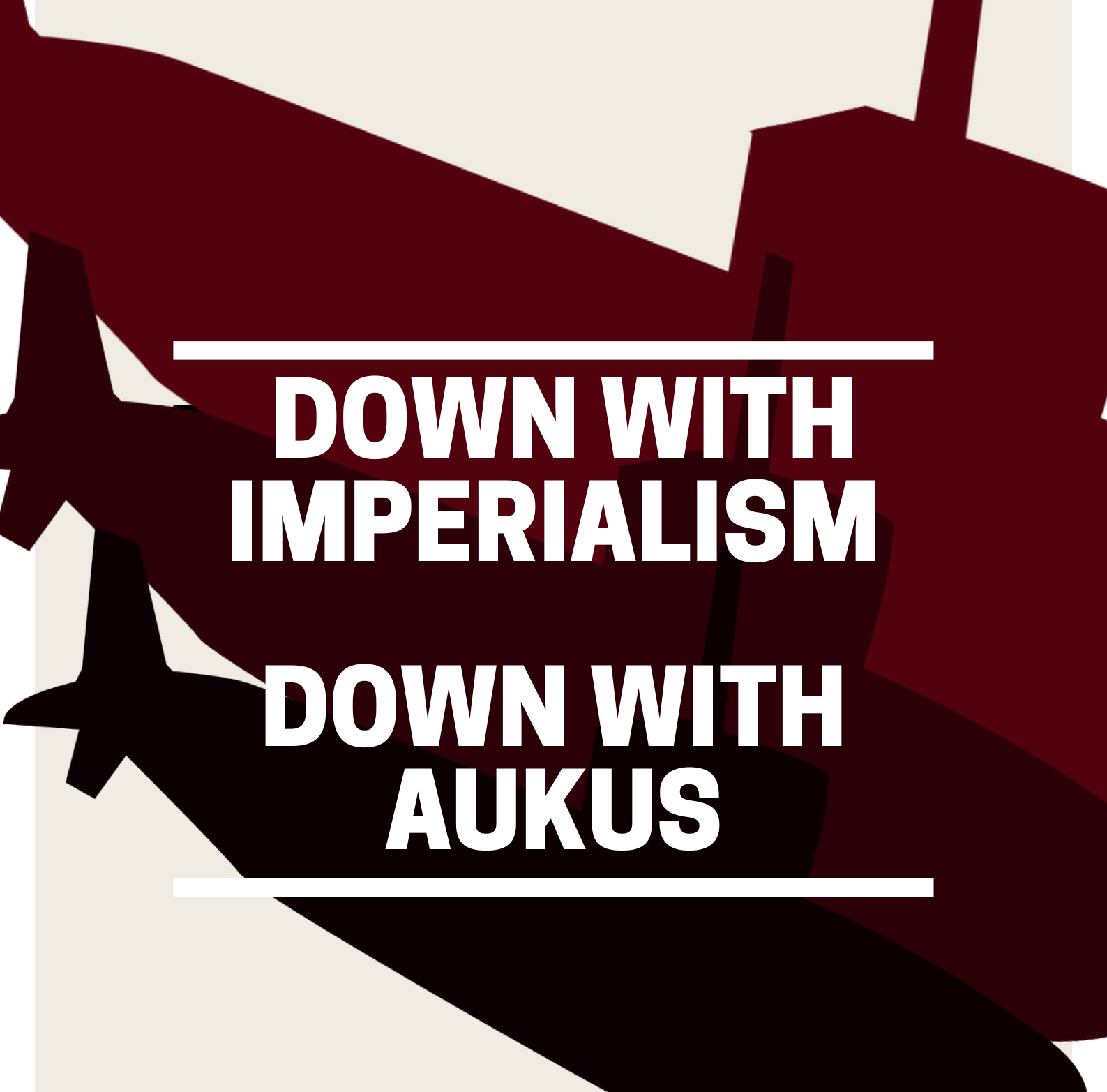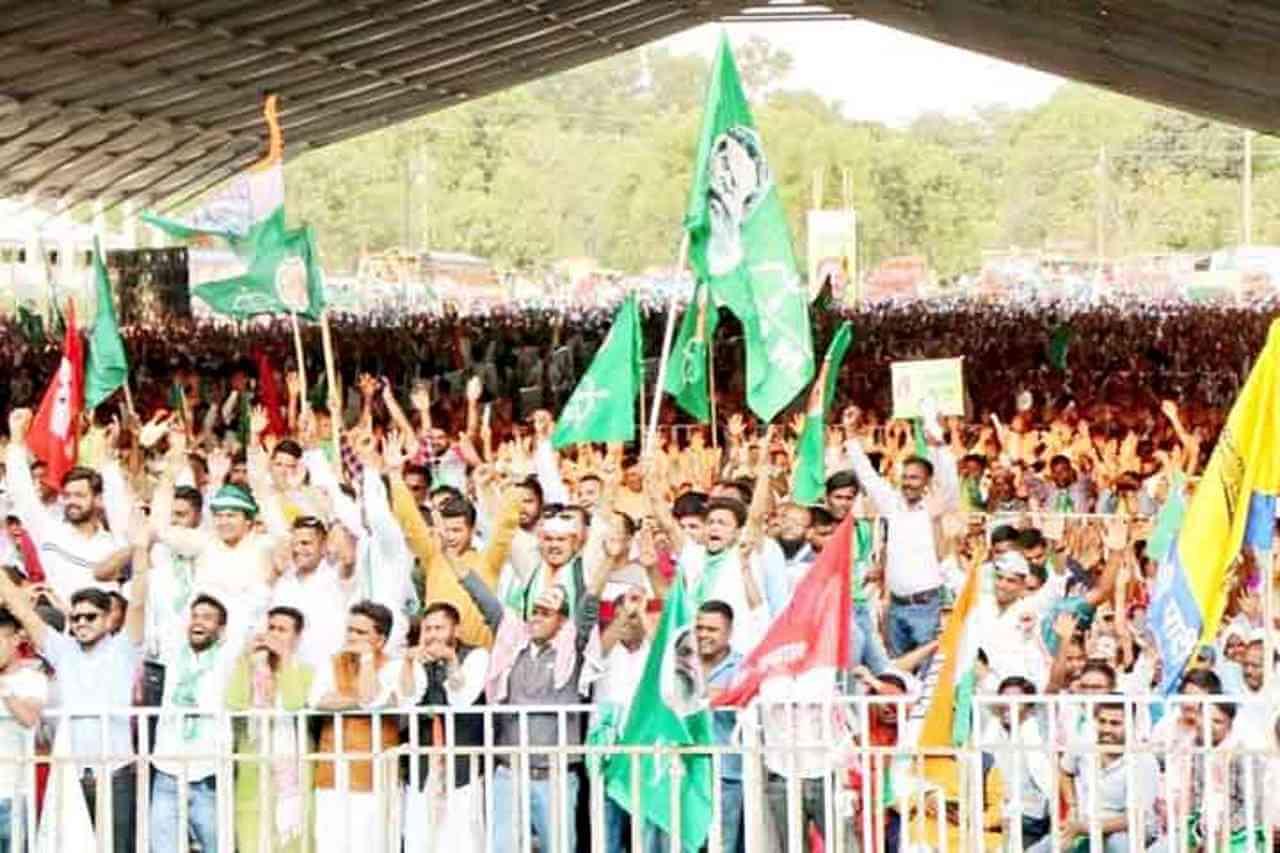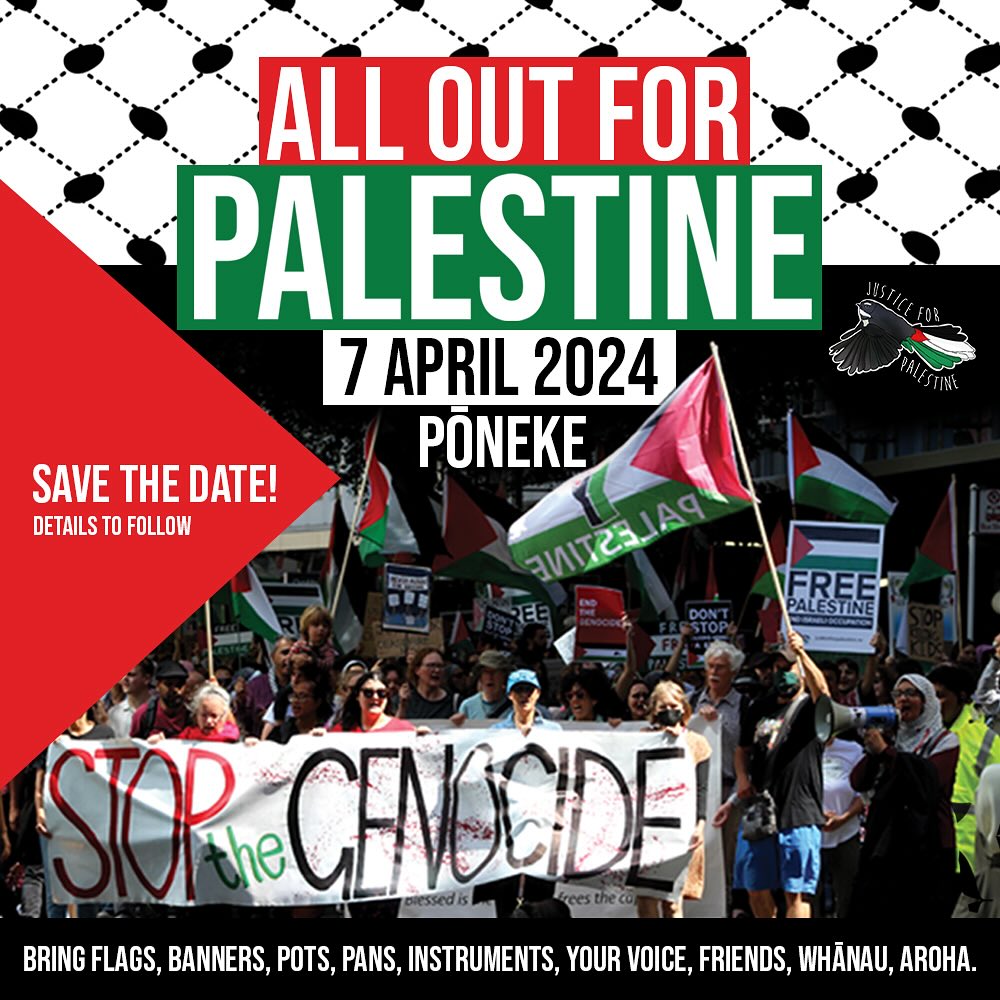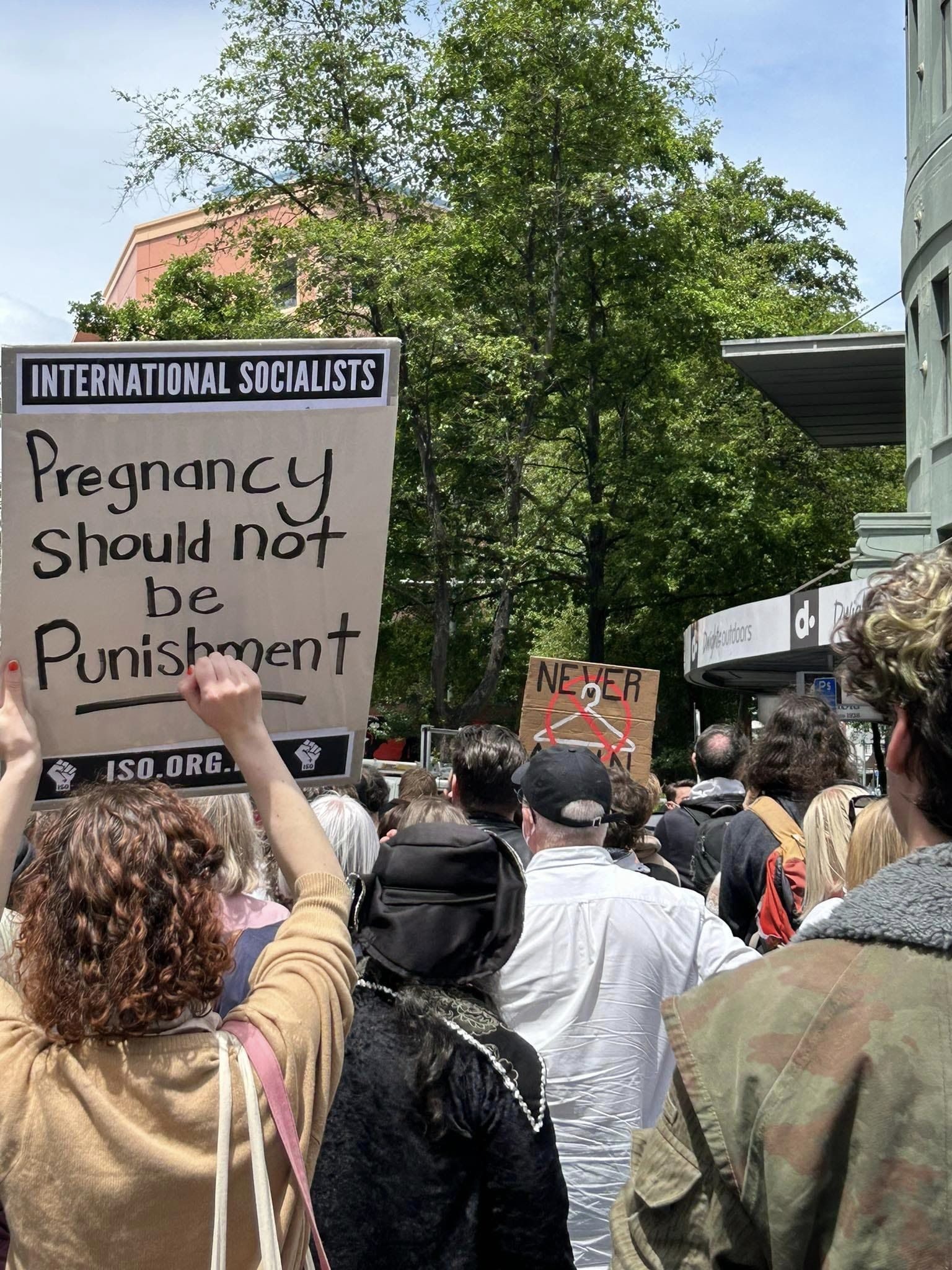Masha Amini (or Jina Amini, her Kurdish name) was 22 years old when she was arrested in Tehran on 13 September 2022 by the Guidance Patrol (or “morality police”) of Iran for not wearing her hijab “correctly”. Three days later, she died in hospital. Leaked medical scans suggest this was a result of beatings by the police.
Amini’s death sparked outrage and unrest, leading to the “Woman, Life, Freedom” protests across Iran. Subsequent violent repression by the theocratic Iranian government led to the deaths of more young women such as Nika Shakarami (16), Hadis Najafi (22) and Sarina Esmailzadeh (16).
The feminist uprising has since gained momentum and broadened into popular and even revolutionary unrest across provinces, religions and ethnicities, united against the theocracy. On 2 October 2022 protests at Iran’s leading tertiary education institution Sharif University were met with police violence, with dozens arrested, adding to the thousands arrested across the nation.
Many of those arrested were incarcerated in Evin Prison, where a large fire broke out on 15 October 2022, resulting in the death of at least eight inmates, and injuries of dozens more.
At the time of writing, reports of injuries, arrests and death are extremely unreliable and inconsistent. Human rights organisations in Iran have put the death toll at over 240 protestors killed, over 900 injuries, and over 12,500 arrests.
The ruling class of Iran has so thoroughly tied itself to patriarchal values of policing women’s bodies and clothing that this women’s uprising, by its very nature, shakes the foundations of that ruling class. Concessions short of revolution, even if desirable, would imply a failure of the state ideology. Women in Iran organising and leading a revolutionary fightback necessarily challenge the foundation of that ideology. The dominant ideas that oppress Iranian women are enshrined in the Islamic Republic’s constitution, by Khamenei and the broader state, and are challenged at that foundation by the very existence of feminist resistance.
Broadly speaking, the goals of this uprising are the revolutionary defeat and dismantling of the Islamic Republic of Iran, and the enshrining of women’s rights (including the disbanding of the ‘morality police’). Beyond these goals, this revolutionary upheaval crosses class, ethnic and gender lines, and represents a movement of a counter-ideology, rather than an ideology in and of itself. The usual difficult question arises: how do we, internationalists who support these goals from afar, act in solidarity with the popular liberation movement, and how do we do so without strengthening existing imperialist measures against Iran?
Two local Iranian organisers, a student (Sara*) and an academic (Dr Pooneh Torabian), had this to say regarding strategy and solidarity from New Zealand.
*The below is a condensed paraphrasing of a longer discussion. “Both” represents a back-and-forth. Some names and identifying attributes have been changed/removed for anonymity.
In your opinion, what is the purpose, and goals, of local public actions such as rallies and vigils?
Sara: The Islamic Republic mostly controls the flow of information in and out Iran, at least as much as is possible, through controlled internet and ownership of news media. However, most people within Iran have become acutely aware of the lies they are being fed. The louder our voices are outside of Iran, the harder it is for the regime to lie about the nature of our rallies and demonstrations. And when Iranians see the truth, for example that 80,000 people in Berlin rallied in support of the feminist revolution, the voice of the Islamic Republic is further delegitimised.
Pooneh: This is the most united I have ever seen the Iranian diaspora. The Iranian diaspora is complex and diverse. It includes people who fled during and shortly after the 1979 revolution for political and ideological reasons, from monarchists through to communists and other leftists. On top of that, we have seen waves of immigration from Iran over the past 43 years, so depending on who you talk to, you get wildly different perspectives on Iran. But now, most of the diaspora are supporting the new revolution. Except, of course, for those with ties to the Islamic Republic, who cheer on the brutality and oppression. These local actions, such as the “human chain” concept, are bringing Iranians around the world together to support each other and their people back in Iran, and lift voices in solidarity with the feminist revolution.
This does not mean that they want the same thing after the revolution of course. The diaspora includes politickers who have historically worked with right-wing figures in the US like Ted Cruz and Tom Cotton, as well as more left-wing communities who oppose the Shah and the Islamic Republic. That said, the newer generations are not generally striving for these ideological revolutions. Their driving hope for the new revolution is the removal of the current oppressive regime.
But this really is a worldwide grassroots solidarity movement. Some folks like writer and dentist Hamed Esmailion, whose wife and daughter were killed when the Islamic Republic shot down Ukraine Airlines International flight PS752, are helping to coordinate global grassroots organising and protests. And people are backing him up because he has been hurt personally, and he speaks from the heart and from love for his country, not for political gain.
Iranians have been calling for US and NATO-aligned powers to end their economy-throttling sanctions on Iran for decades.
Now that the feminist and anti-theocratic uprising is taking place, Iranians are taking a range of positions on sanctions in the short term.
What should anti-imperialists in the broad ‘West’ argue for right now, to support the Iranian people?
Pooneh: The US sanctions on Iran that have been in place for 43 years have impacted every person in Iran very negatively, on a day-to-day basis. Students from Iran who study abroad, including in New Zealand, can’t receive money from their families. This can lead to less visible challenges for migrants. When I arrived in New Zealand, despite having worked in another Western country at a University, I was told by my New Zealand bank that when I left the country, as soon as I left, I would have to close my accounts immediately. Because I was born in Iran. Despite the clear racist discrimination, the bank passed off blame to the US sanctions.
Sara: I arrived in New Zealand when I was a teenager, and was scammed by a finance business, and had no legal recourse. These unfair economic pressures lead to more desperate decision-making. Many of these sanctions do not hurt the government at all… in fact, some even benefit them. An embargo does not stop trade, instead it creates a black market, which the Islamic Republic can take advantage of to make huge profits.
Both: We are against these sanctions, as they only hurt ordinary people, not the regime. However, we agree with targeted sanctions against specific people, of the families of Iran’s ruling class, who are able to freely explore the world and spend the money of the regime as they please, as passed from their families who profit from the oppression of Iranians. Perhaps governments are apprehensive to do this as they will lose a lot of Iranian money by doing so. We agree with the sanctions that Golriz Ghahraman is championing in parliament.
There is some disagreement regarding whether the expulsion of Iranian nationals connected to the ruling class of Iran is the correct strategy, though there is agreement that the flow of funds and capital from the regime’s leaders to their children should be blocked, so that money, comfort and class position cannot be transferred across borders at the cost of the comfort and lives of ordinary Iranians.
A message brought to local rallies asserts that “this isn’t your movement to project your own agenda onto. There is no space for anti-Muslim or pro-Western propaganda. Uplift the voices of the women in Iran, not your own.”
Could you expand on that? Are there any particularly egregious examples of propaganda that you would like to see rebuffed?
Pooneh: The more insidious forms of propaganda imply that Iranians aren’t fit to govern themselves, that we don’t know what is best for our own people
Sara: Though it is clear that the USA, UK and others’ interest in the Middle East is purely economic, extracting as much in the way of resources and money as it can, many people still fall for the idea that the West is interested in statebuilding in the Middle East. Iranians have enough resources and enough people to rebuild their country. We need to get rid of the Islamic Republic, but obviously countries like the US prefer an unstable Middle East where they can meddle and sell their weapons and so on.
Pooneh: And the Iranian diaspora is very diverse, and some have distinct agendas. Iranians working for the US government cannot be trusted to represent us. The Iranian diaspora holds a plurality. Some families left Iran because they supported the Shah and so became enemies of the Islamic Republic. Others supported the communist movement, which itself held different positions and character, and became enemies of both the monarchy and the Islamic Republic. It is very complicated and can’t be boiled down to “poor Iranians, we should pity them”.
Sara: We need governments in the West to recognise that the mass of people in Iran, outside of the leadership, they are the voice that matters. There is much ambition and intelligence within Iran, Iranians don’t need to be saved by the governments of the world. They need their self-saving and nation-building to be facilitated, through the depowering of the Islamic Republic.
I was frustrated to hear council members and politicians stand at Iranian rallies and talk about how “we are so lucky to be here in New Zealand. That is why you must vote!” The white saviour complex of “we are lucky unlike these poor war-ridden people, we must save them” has never worked.
What can people, especially those outside of the Iranian diaspora, do to act in solidarity with the Iranian feminist revolution? Is there anything else you’d like to say to local activists and the broader New Zealand public?
Pooneh: First and foremost: don’t tell our stories without our voices. We need a platform to speak, not saviours who speak in our place. We need help raising our voices, and we need governments around the world to listen.
The best thing that other governments can do is to refuse to recognise the Islamic Republic of Iran as a legitimate government. Our feminist chants are met with bullets fired by paramilitaries, we can be arrested for listening to the wrong music, those who are arrested may be tortured or raped. The Islamic Republic of Iran does not govern, they simply steal from us and oppress us.
Sara: Some people seem afraid to speak up because they see the burning hijabs and think that this is an Islamophobic movement. It is not. Iran is a forced theocracy. Many Iranians are Muslim, but the regime twists Sharia Islam to its own purposes, and to justify its crimes. For example, if Islam says you cannot kill a virgin, the regime will use forced marriage, rape, and eventually murder as a tool of terror.
Both: Good journalism is important too. There has been much poor reporting on the situation, but for one example of strong reporting that puts our voices at the centre, Paddy Gower has been excellent. Instead of telling his version of the story, he brought in an Iranian woman to tell the story each time he was covering the revolution. That is how Kiwis should be approaching the situation. No white saviour, no Western pity. Facilitate us telling our stories and building our nation.
On the 1979 Revolution: https://redflag.org.au/article/stolen-revolution-iran-1979
More on today’s context, from Iranian-Australian socialist Bella Beiraghi: https://redflag.org.au/article/we-are-all-mahsa-riots-shake-iran

